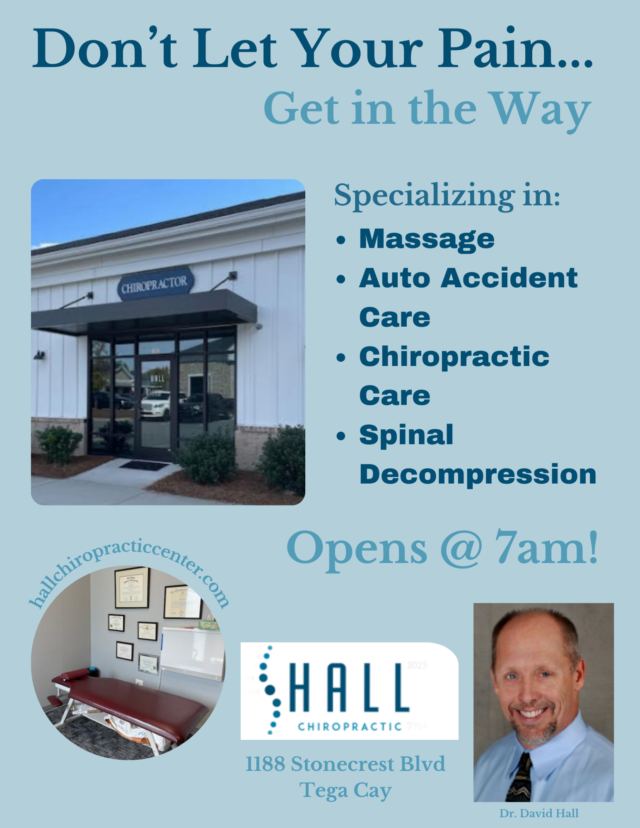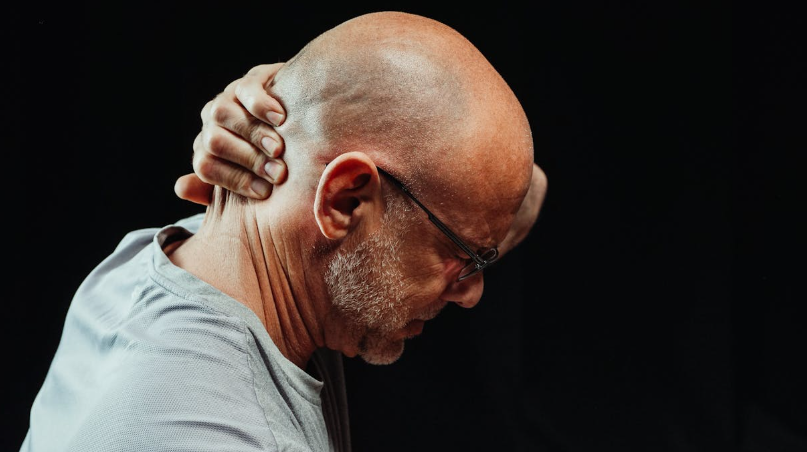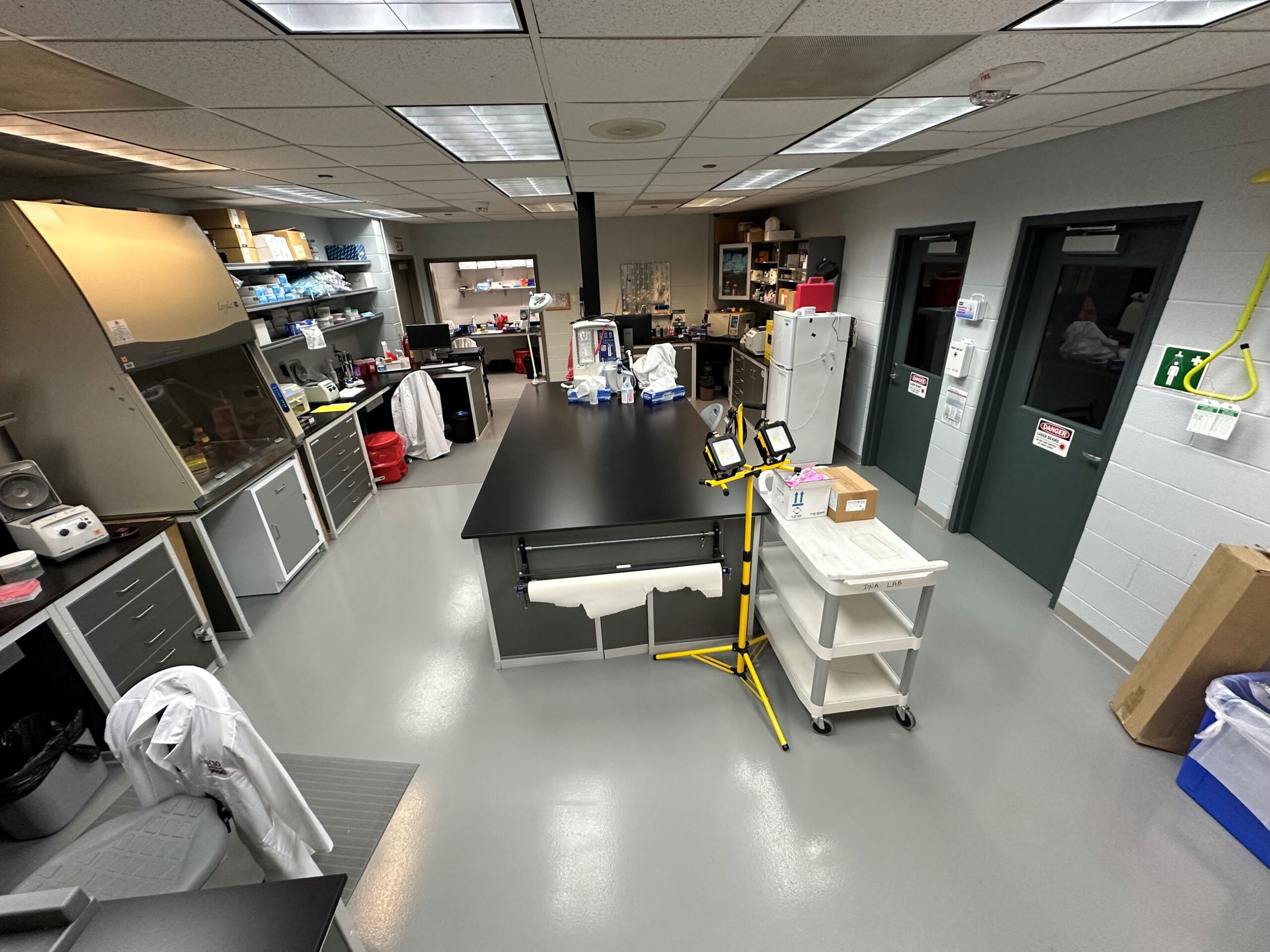Osteoarthritis (OA) is a progressive joint disease characterized by pain, stiffness, and swelling that can impair joint function over time. While it is primarily associated with joint pain in areas like the hips, knees, hands, neck, and lower back, its impact extends beyond physical discomfort, affecting daily activities such as climbing stairs and handling objects.
In addition to adhering to prescribed treatments, adopting effective self-care practices is crucial in managing OA, encompassing physical, emotional, and mental well-being.
1. Stay Active Maintaining an active lifestyle despite OA challenges is pivotal. Regular exercise not only alleviates symptoms but also preserves joint health by reducing stiffness and strengthening surrounding muscles. Incorporating aerobic activities like walking or swimming alongside resistance training fosters joint flexibility and diminishes pain and swelling.
2. Follow a Balanced Diet Diet plays a significant role in managing OA symptoms. Emphasizing nutrient- dense foods such as fruits, vegetables, whole grains, lean proteins, nuts, seeds, and healthy fats like olive oil supports joint health and reduces inflammation. The Mediterranean diet, renowned for its anti-inflammatory properties, is particularly beneficial for OA management.
3. Consider Supplements Certain supplements like glucosamine, chondroitin, vitamin D, SAM-e, curcumin, and UC II may offer relief from OA symptoms and promote joint function. However, consulting with a healthcare provider before starting any supplement regimen is essential to ensure safety and effectiveness.
4. Manage Weight Maintaining a healthy weight alleviates stress on weight-bearing joints, such as knees and hips, thereby reducing pain and inflammation associated with OA. Even modest weight loss can significantly improve joint function and overall quality of life.
5. Prioritize Sleep Quality sleep is crucial for managing OA pain and improving overall well-being. Establishing consistent sleep patterns, engaging in relaxing bedtime routines, and optimizing sleep environment conditions can enhance pain management and mood.
6. Utilize Pain Management Techniques Incorporating heat therapy, meditation, chiropractic joint mobilization, stretching exercises, and TENS therapy into daily routines can effectively alleviate OA-related pain and stiffness, improving joint mobility and overall comfort.
7. Use Assistive Devices Assistive devices like dressing aids, kitchen tools with ergonomic designs, bathroom safety equipment, and ergonomic office setups can significantly reduce joint strain during daily activities, enhancing independence and comfort.
8. Seek Emotional and Social Support Maintaining strong social connections and seeking emotional support are vital aspects of managing OA. Engaging with supportive friends, family members, or community groups can provide valuable encouragement and resources for coping with the challenges of OA.
In conclusion, while self-care strategies can effectively manage OA symptoms and improve quality of life, it is essential to maintain regular communication with healthcare providers. Monitoring symptoms and promptly addressing any changes or concerns ensures comprehensive OA management tailored to individual needs.
 Dr. David Hall is the owner of Hall Chiropractic Center. With over 40 years of experience, Dr. Hall is proud to serve the residents of Tega Cay and Fort Mill.
Dr. David Hall is the owner of Hall Chiropractic Center. With over 40 years of experience, Dr. Hall is proud to serve the residents of Tega Cay and Fort Mill.
Book a FREE consultation online today!











